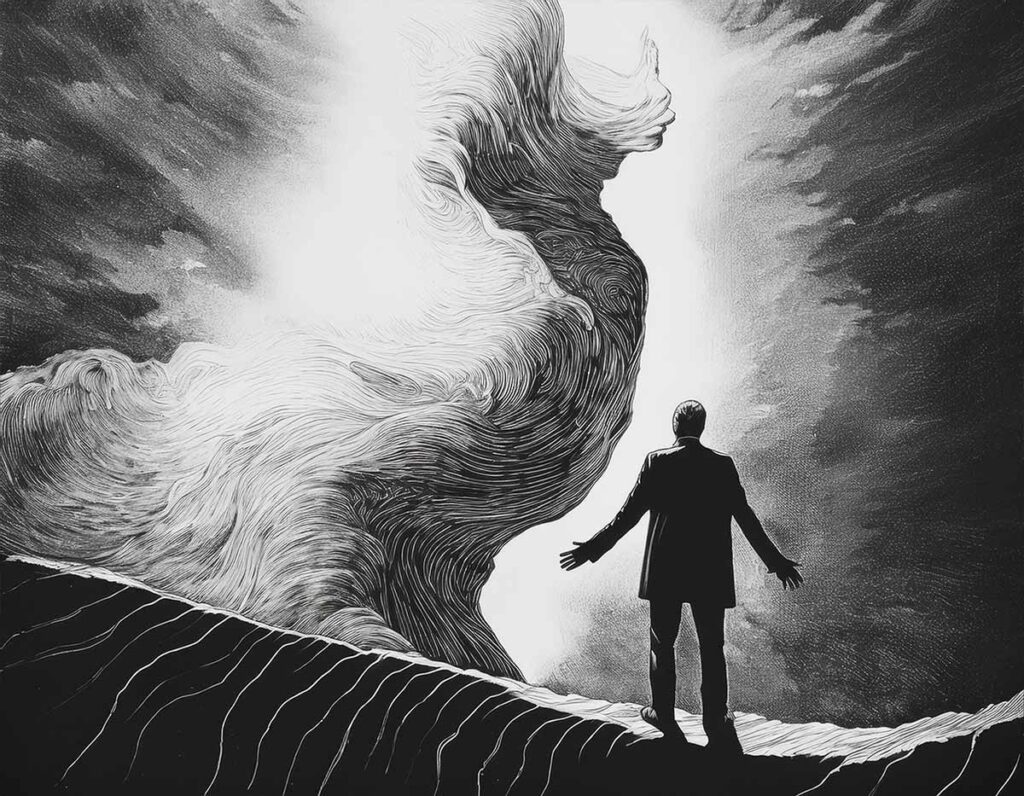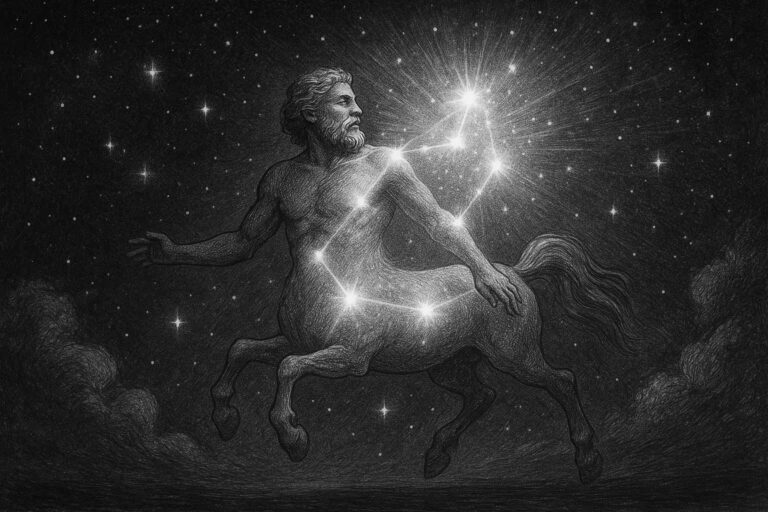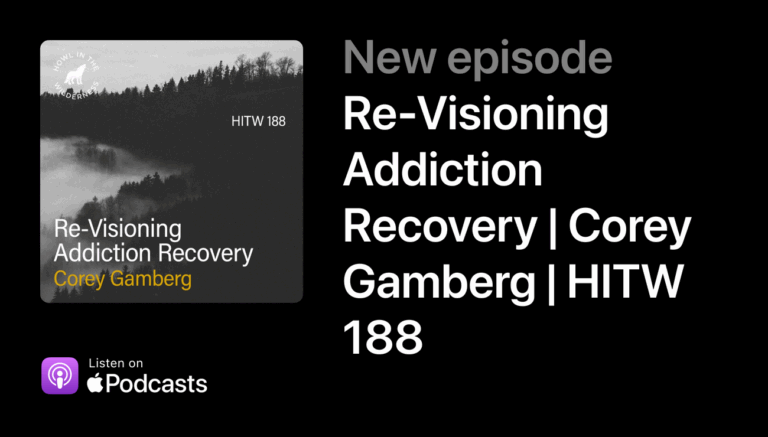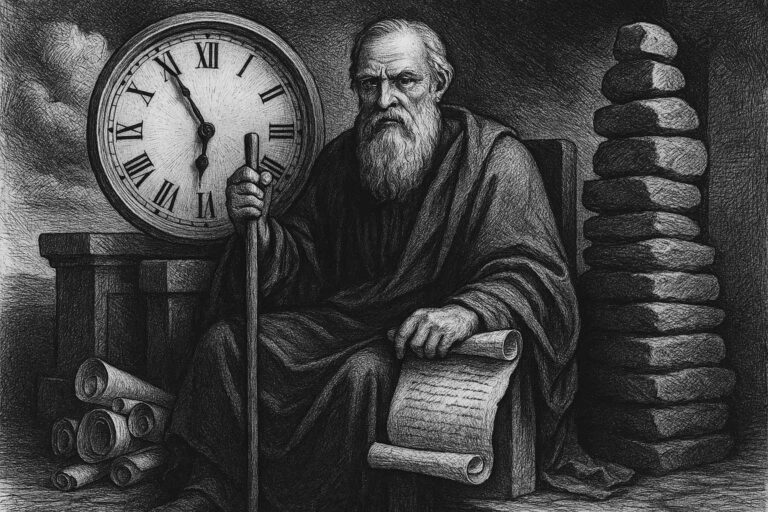James Hillman reminds us, “Pathology is not a problem to be solved, but the soul’s way of working on itself.”
Through the approach of Depth Recovery, this is one of the many dictums to which we attempt to hold true. If we spend time reflecting on this statement, many things might come into consciousness. Thoughts about our past experiences with suffering, the realization or acknowledgment of a soul, and most importantly the notion of symptom as growth.
When one begins to feel depressed, ones entire affect and consciousness shifts. In groups with clients recently, I have been describing a different approach to our emotions – one of participating with, not defending against. This is an important shift in thought, that requires effort and action on the part of the individual, to be willing to open themselves back up to their imaginations.
Psychic symptoms, are psychic phenomena, and the imagination is the intermediary realm in which our symptoms come into consciousness. With a lack of imaginative thinking and our long standing rational and scientific mindset, when a symptom comes into consciousness we perceive it as an attack on our ego. We do not open the door, greet with open arms, or enter into a dialogue ; we bolt the door, bear our arms, and prepare for war.
Staying with Hillmans thought, this approach actually stunts the souls ability to work on itself. Our defense towards the symptom in light of our ego, in fact wounds the soul. Without the soul being able to work on itself, moving through one of its many moods – the phenomena becomes stuck. When people refer to, “my depression” this is the experience they speak to without knowing it ; a trapping of the phenomena within the soul, leaving the soul wounded.
The experience of depression may get louder now, intensify, as the soul cries out for attention, for participation, and for life itself. The longer we defend, the stronger the cries become, the more we become crippled, disenchanted with our lives, our stories, our pursuits.
If we can then open ourselves up to our imagination, and follow back into the footsteps of the Romantics; the likes of Keats, Blake, Shelley – we step back into a mindset where symptoms were divinities, containing worlds, and coming down from above to guide our lives below. One of C.G. Jung’s main beliefs was that many of the modern mans plights were a result of a loss of meaning, connection, or belief in the infinite – something beyond one’s self. If we take a look around today, this might even ring more true.
Returning to our imaginations, returns us to a way of being with the world around us. We find ourselves participating with the world, our symptoms, and its symptoms. Might then, when I become depressed I lean into it fully, allowing it to grip me, and take hold of me? When we move about this way, we are moving with the soul through its natural healing process, rather than interfering with it. One realizes that when they fall into the depression they dress differently, they speak differently, eat different foods, watch different movies, or listen to different music.
When one allows this experience to take place, one is placed into a different state of consciousness, one of the souls many moods. And in this mood, one is able to gain a different insight, a unique perspective, an awareness about ones life that, in its former ego state it could not see. Again, if we allow ourselves the freedom of thought here, we realize then, the depression has garnered movement, growth, and a new perspective or feeling towards a situation.
The soul has worked something out with us, and we realize our emotions are not ours necessarily…




